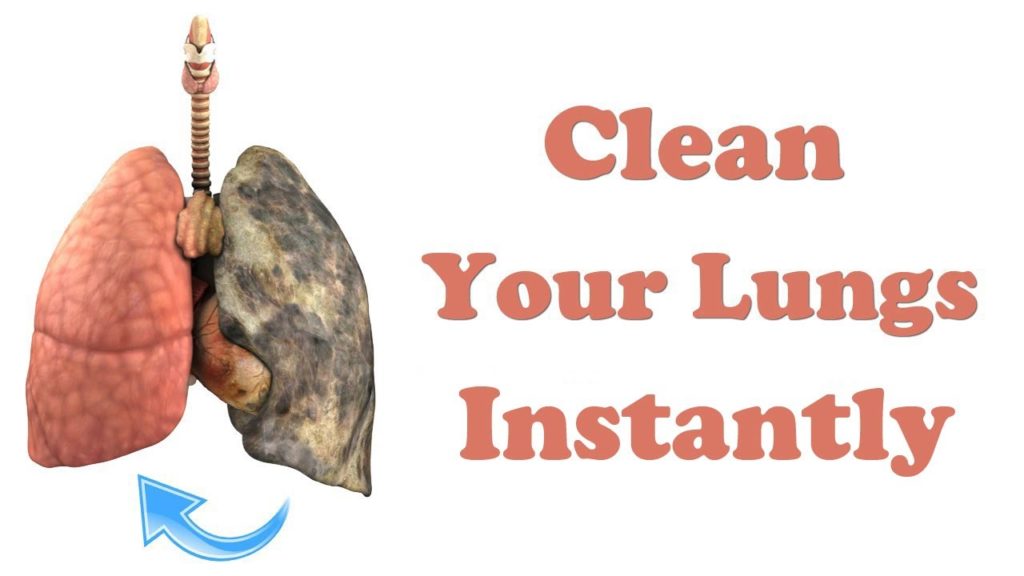 How can Salt Therapy help Improve Breathing for Ex-smokers?
How can Salt Therapy help Improve Breathing for Ex-smokers?
A Smoker’s Cough is due to long-term smoking, which causes damage and destruction of the protective cilia of the respiratory tract. Cilia are hair-like structures that sweep harmful substances out of the lungs. Cilia that are damaged or destroyed can no longer sweep harmful substances, such as dust, bacteria, and viruses out of the lung. This leads to a build-up of mucus mixed with these substances in the respiratory tract, which the body tires to clear by coughing.
Despite the effort of the smoke’s cough to clear the respiratory tract, long-term smoking leads to an increased risk of developing pneumonia and acute bronchitis, due to the build-up of viruses and bacteria in the respiratory tract. A smoker’s cough is generally a wet cough that is productive of phlegm, which can be clear, white, yellow-green or blood tinged.
A smoker’s cough can also develop due to chronic bronchitis. Chronic bronchitis is a progressive, recurring inflammation of the lungs, most often due to the damage that long-term smoking causes to the lungs. Chronic bronchitis causes the production of an abnormally large amount of mucus, which can block airways, resulting in a smoker’s cough. For more information about symptoms and complications, refer to symptoms of smoker’s cough.
A smoker’s cough can also develop due to chronic bronchitis. Chronic bronchitis is a progressive, recurring inflammation of the lungs, most often due to the damage that long-term smoking causes to the lungs. Chronic bronchitis causes the production of an abnormally large amount of mucus, which can block airways, resulting in a smoker’s cough. For more information about symptoms and complications, refer to symptoms of smoker’s cough.
